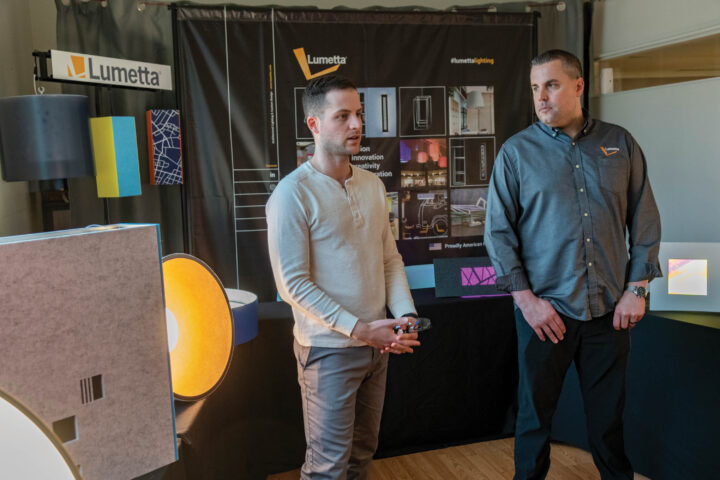Covid UpdateFebruary 2022
COVID-19 Self-Tests
COVID-19 self-tests allow for rapid results and can be taken anywhere, regardless of your vaccination status or whether you are symptomatic.
The self-tests detect any present infection and can be referred to as “home tests,” “at-home tests,” or “over-the-counter (OTC) tests.”
Results of self-tests are available within minutes as opposed to lab-based tests which take days to confirm.
Self-tests along with vaccination, wearing a mask, and physical distancing, help to protect everyone by lessening the chances of spreading COVID-19.
Self-tests will not detect antibodies from a previous infection, nor will they measure your immunity levels.
Ordering an At-Home COVID-19 Self-Test
· Order free self-tests at COVIDtests.govexternal.
Free self-tests are also available through local health departments.
Buy self-tests online, in pharmacies or retail stores. Private health insurance may reimburse the cost of purchasing self-tests. Visit FDA’s websiteexternal for a list of authorized tests.
If you’re not able to obtain a self-test, visit a community testing site or call your local health department for more options.
How to Use an At-Home COVID-19 Self-Test
· Read the complete manufacturer’s instructions before using the test.
If you do not follow the manufacturer’s instructions, your test results may be incorrect.
Wash your hands prior to self-testing.
Collect a nasal specimen and test that specimen.
Wash your hands after self-testing.
When to Take an At-Home Self-Test
Test yourself immediately if you experience any COVID-19 symptoms.
Test yourself at least 5 days after exposure to anyone with COVID-19.
If You Test Positive
· The test detected the virus and you have an infection.
Stay home for at least 5 days and isolate from others in your home.
Tell your close contacts.
Wear a well-fitted mask when around others. If available, an N95 or KN95 respirator is recommended.
Watch for symptoms. If you have any warning signs, seek emergency care immediately.
Tell your healthcare provider. Contact them as soon as possible if:
Your symptoms get worse.
You are more likely to get very sick because you are an older adult or have an underlying medical condition. Possible treatment may be available for you.
You have questions about your isolation.
If You Test Negative
· The test did not detect the virus but does not rule out an infection.
Some self-tests are designed to be used in a series (also known as serial testing).
Consider repeating the test 24 to 48 hours later.
Multiple negative tests increase the chances that you are not infected with the virus.
If You Test Negative for COVID-19, Test Again 1-2 Days After Your First Test
If you are going to an indoor event or a gathering.
Immediately before attending the gathering, or as close to the time of the event as possible.
This is especially important before gathering with anyone who is an older adult, at risk of severe disease, immunocompromised, or not up to date on their COVID-19 vaccines. This includes children who cannot get vaccinated yet.
If you think your test results may be incorrect, contact the test manufacturer for assistance, consider taking another at-home test, or contact a healthcare provider for help.
Need More Information? Find videos of manufacturer instructions for your specific self-test.
For more information: https://bit.ly/3BnAyvw







